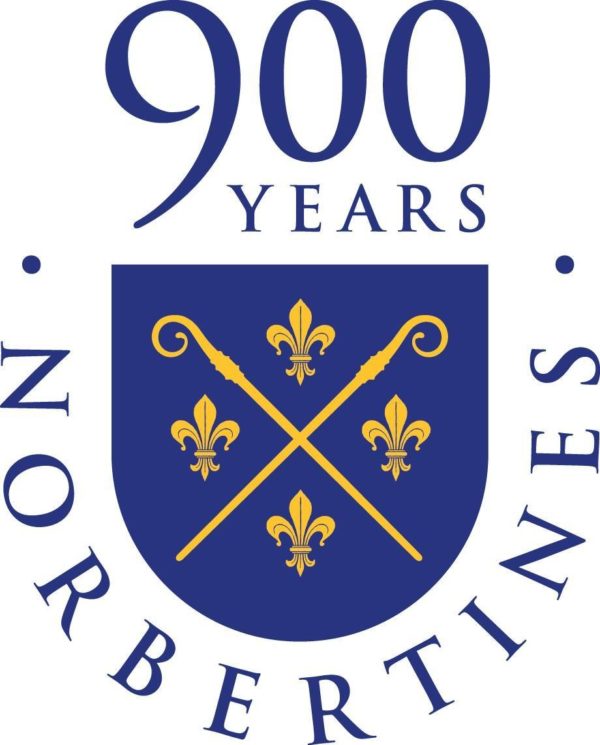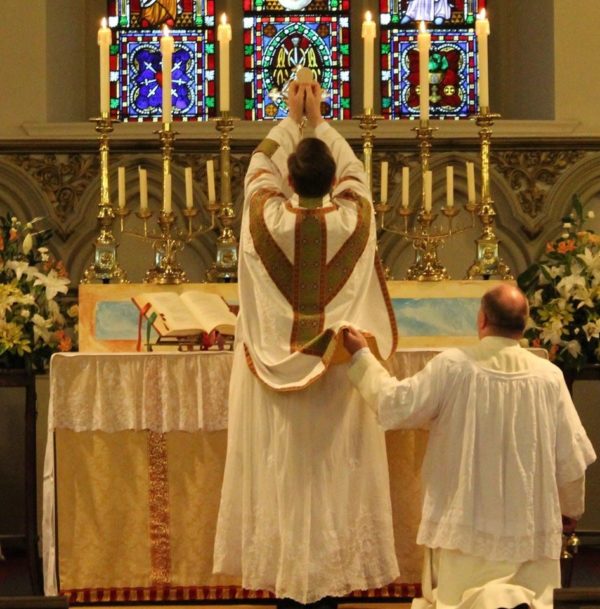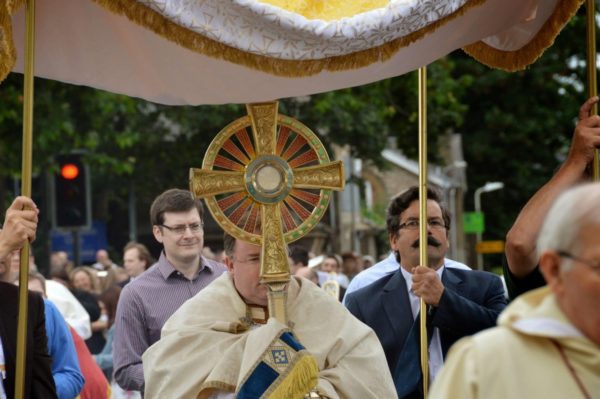Third Order of Canons Regular of Prémontré
The Story of Godfrey and Theobald
Our Holy Father Norbert mixed with men both low and high and during his ministry on earth came across, in particular, two princes: Godfrey of Cappenberg and Theobald of Champagne. Both asked St Norbert the same question, to join the Order of Prémontré; however, each received different answers. Godfrey, Count of Cappenberg, would be admitted to the Order after meeting St Norbert in 1121, and his estate of Cappenberg became the Order's first house in Germany. In 1122 St Norbert met Count Theobald, surnamed the Great, the son of St Adela of England, and grandson of William the Conqueror. When Count Theobald asked to be admitted to the Order St Norbert took some time to pray about the matter and discerned that Theobald was called not to the life of a canon, but to be married:
From the Manual of the Third Order (1889):
"You will not be a religious," he said to the Count of Champagne; "you will bear the yoke of the Lord as you have done till this day, and you will add to it that of wedlock. May God preserve us from opposing the designs of His Providence in your behalf." "If such is the will of God," answered the Count, "it is not for me to gainsay it, but be assured I shall not wed any but the woman you choose for me."
St Norbert gave to Count Theobald a few rules concerning his conduct and spirit, and imposed upon him the white scapular of the Order, thus instituting the first Third Order in the Catholic Church.
The Third Order in Peckham
On the 900th Jubilee year of the Order in 2021, our Prelate, Abbot Hugh Allan o.praem., issued new constitutions for the Third Order of the Canons Regular of Prémontré to encourage new members to join this spiritual association with our Canonry. The preface to the Constitutions is taken from the old Third Order Manual and states simply, "The principal end of this Sacred Third Order is that the Brothers and Sisters imitate the virtues of our holy Father Norbert."
By joining the Norbertine Third Order you associate yourselves with a particular canonry of the Order to share in our spirituality and graces. Norbertine tertiaries are formed through a noviciate, but they remain in the World to witness to Christ in their daily lives. Tertiaries are also known as fratres et sorores ad succurendum, that is, "assistant brothers and sisters" due to the assistance they both give to and receive from the Order (Third Order Constitutions §2).
Norbertine spirituality includes the praise of God through the Divine Office, a zeal for the salvation of souls, a spirit of penance, devotion to the Most Blessed Sacrament of the Altar, and devotion to the Blessed Virgin Mary. These are the 'five pillars' of Premonstratensian spirituality, and more information on those is available here. How the Norbertine spirituality is lived out will very much depend on the situation and state of the tertiary under the direction of the canonry. For more information on our spirituality please see the Spirituality page.
We, therefore, invite Catholic lay men and women, and clerics, who are interested in joining our Third Order to contact us and register this interest. In the near future we hope to be able to offer events in Chelmsford for members of the Third Order, and those interested to discover more about Premonstratensian spirituality. As several clerics have already expressed interest, and our extant Third Order includes a cleric, we also hope to offer particular provision for clerical members of the Third Order.
Contact Us
To express your interest in joining our Norbertine Third Order please contact us.
We hope to have your prayers for all members of the Order of Canons Regular of Prémontré, for our canons, our canonesses, and our tertiaries. That we might all be faithful sons and daughters of St Norbert, and, each in our own way, will contribute to the principle end of the Order, which is to raise the Blessed Sacrament above all the errors and miseries of the World.


